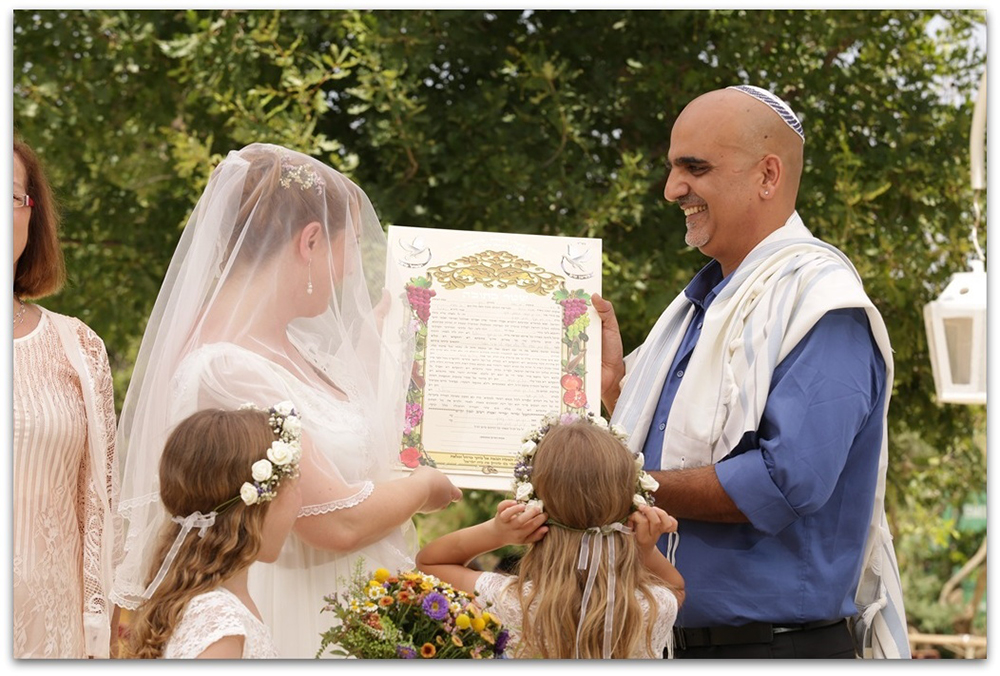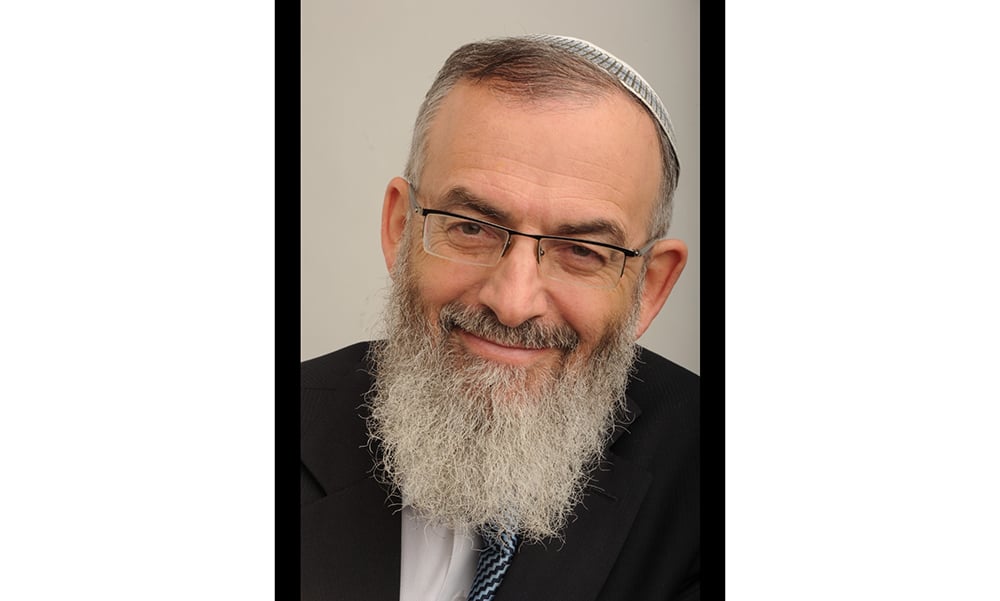
In the United States, it’s hard to imagine having a national rabbinate. While many of our rabbinic leaders belong to the Rabbinical Council of America (RCA), there’s simply no equivalent to an organization with that much religious oversight. In Israel, having a rabbinate comes with its own host of issues, including bureaucratic complications, halachic disagreements and alienation of secular or nonobservant Jews. That’s where Tzohar comes in: The country’s largest alternative to the Chief Rabbinate was founded to bridge the religious gaps and to ensure all of Israel’s Jewish citizens feel like they are truly a part of society.
Tzohar’s founder and chief rabbi of Shoham, Rabbi David Stav, sat down with Jewish Link co-publisher Moshe Kinderlehrer on the Pitch Meeting podcast to talk about Tzohar’s work and what the organization has been able to accomplish since its founding in 1995.
“After the assassination of Prime Minister [Yitzchak] Rabin, we felt that the gap between the observant and nonobservant had reached a level which was destroying Israeli society,” Rabbi Stav shared of Tzohar’s establishment. “We gathered a few rabbis together and asked ourselves, ‘What can we do differently as a result of this tragedy, so that we can expose secular Jews to Judaism without turning them off?’ We wanted them to feel like they could be a part of Jewish life.”
While there were other grassroots religious movements at the time, none quite like Tzohar had addressed the widespread societal issues. Rabbi Stav noted one particular issue, weddings, which has always been a point of contention. According to Israeli law, the only way to get married is through the Chief Rabbinate, which leaves those who do not want a rabbi present forced to fly to nearby destinations like Cyprus or Prague.

Rabbi David Stav.
“Getting married outside of Israel causes people to miss their last connection, their last thread, that connects them to Judaism,” explained Rabbi Stav. “Your kids will not be recognized as Jewish because the rabbinate will ask why you didn’t get married in Israel—maybe they would assume your partner isn’t Jewish—and that’s where Tzohar comes in.” The organization began with helping people perform weddings recognized by the Rabbinate, at no cost, and 30 years later has helped over 143,000 Israeli couples.
Rabbi Stav’s ultimate goal in founding Tzohar was to offer a rabbinic outlet to Jews of all backgrounds “with no political presence or government connection.” Of course, each of the rabbis who joined the organization was authorized by the Israeli Chief Rabbinate to perform rabbinic duties—and do so with a certain kind of sensitivity and welcoming presence. “And the customer service of the [Israeli] rabbinate has changed dramatically as a result of the competition from us.” With 600 rabbis now working with Tzohar, and over 1,000 total volunteers, the organization has spread its inclusive approach across the country.
As Tzohar developed over the years, so did its services. Tzohar’s programs focus on Jewish lifecycle events, as well as celebrating Jewish holidays and keeping kashrut, working to provide everyone with the sense of belonging and access to Jewish practices and traditions. “We’ve become kind of an address for secular people who want halachic Jewish guidance, but don’t want to have anything [sic] with a formal establishment,” said Rabbi Stav, noting that Tzohar also provides medical ethical guidance on a large scale. “If secular men and women want Jewish guidance to be present in their life, they turn to us.”
Rabbi Stav clarified that Tzohar is not an outreach organization—its mission is not to make people more observant, rather it is “to expose people to the beauty of Judaism and let them decide what they want to pick from that.” He attributed Tzohar’s success over the past few decades to “loving all Jews unconditionally,” no matter their level of observance. “People come to us because they feel we have no hidden agenda. It’s not our mission to make you frum … but if you want to be frum [on your own accord], we are ready to help you.”
Since the attacks on Israel by Hamas on October 7, 2023, Israel’s atmosphere has dramatically changed. Rabbi Stav has observed what he describes as a “Jewish awakening,” as many secular Jews begin to embrace traditions and connect more to their heritage. “We’re seeing that Israeli society actually cares about Judaism, and wants to be engaged with it; and they want to fall in love with it and choose their Judaism without any coercion or intervention.” But, as Rabbi Stav noted, Tzohar’s work is just beginning. “There are still many issues in conflict, and we are there to give a Jewish approach on all of the issues that are on the national agenda.”
So what can Americans do to strengthen Tzohar’s mission of fostering Jewish identity in Israel?
“Please give a hug,” said Rabbi Stav. “Give a hug to the Israelis. Give a hug to those you meet outside of your communities, who don’t officially belong to your community. Give a hug to the forces in Israel that want to strengthen the unity … we certainly don’t need to come back to the split [in Israeli society] of October 6, 2023. We need to strengthen the forces that are unifying Israeli society. That’s really our mission.”
Rabbi David Stav’s episode of The Jewish Link Pitch Meeting can be found wherever you get your podcasts or on our YouTube channel. More information about Tzohar can be found at https://tzohar-eng.org/.
Channa Fischer is the digital editor of The Jewish Link and the producer of the Pitch Meeting podcast. She resides in Washington Heights.










